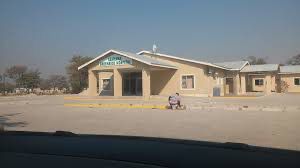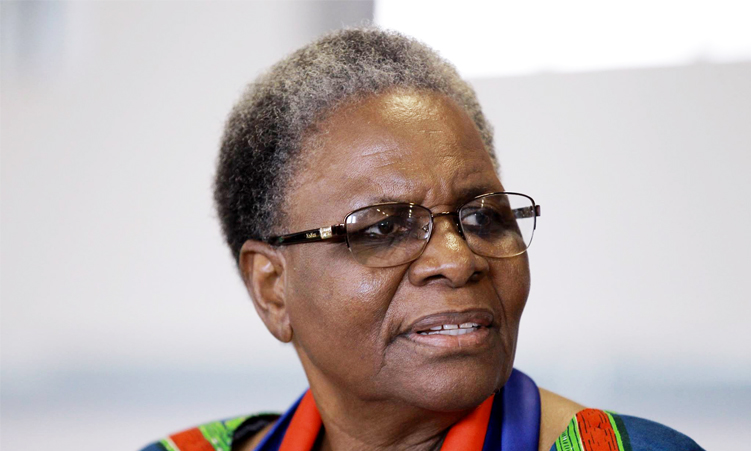THE embattled state-owned Land Bank has already repossessed 25 farms around the country that were used as collateral against farm loans, of which six are black-owned properties. The rest of the farmsteads belonged to white commercial farmers.
Parliament’s agriculture, fisheries and forestry committee has called on the government to forge ways of saving a further 350 black emergent farmers who are in trouble and are costing the Land Bank about R100 million a month – or R1.2 billion a year – on loan defaults. The bank has warned that this is unsustainable.Bank spokesman, Musa Mchunu, said three of the repossessed black-owned farms were in the Tzaneen area of Limpopo and one was in the Vryheid district in KwaZulu-Natal.The so-called Gugulethu farmers, a collective of black farmers from Gugulethu, Cape Town, had defaulted on a fruit farm property in the Paarl district and the sixth one, which was bonded against an urban housing property, was in the Port Elizabeth area.These farmers collectively owe the bank only about R5 million but the remaining defaulters owe the bank billions. Non-performing loans have risen from R1 billion in 2004 to about R4 billion.Debt defaults had started to mount among ‘development farmers’ – the bank’s term for black farmers – in recent years and the problems were exacerbated by a moratorium on farm repossessions, which was in force until last year. The bank is supposed to encourage black empowerment in agriculture.Phakamani Hadebe, the chief executive of the Land Bank, warned MPs that the bank would have to close within three years if debt defaults remained at these levels as the bank had about R3.5 billion in reserves.A moratorium was placed on farm repossessions by the bank for several years but this ban was lifted in July 2008, when responsibility for the Land Bank moved from the Agriculture and Land Affairs Department to the National Treasury.Hadebe suggested that the political decision makers should advance more money for development purposes and to cushion the bank against defaulting emerging farmers, but Deputy Finance Minister Nhlanhla Nene told the MPs that the government was not in the business of providing bailouts for the bank.But the government was sensitive to the plight faced by emerging farmers, Nene said.In the past year, the South African government has provided guarantees of R6 billion and R700 million has been injected into the Land Bank to assist its cash flow.Since the bank started in 1912, white farmers had been rewarded with loans at low interest rates, had built up large farm holdings and grown wealthy in this way. Ways have to be found to look after new black farmers. – Business Report online
Stay informed with The Namibian – your source for credible journalism. Get in-depth reporting and opinions for
only N$85 a month. Invest in journalism, invest in democracy –
Subscribe Now!






